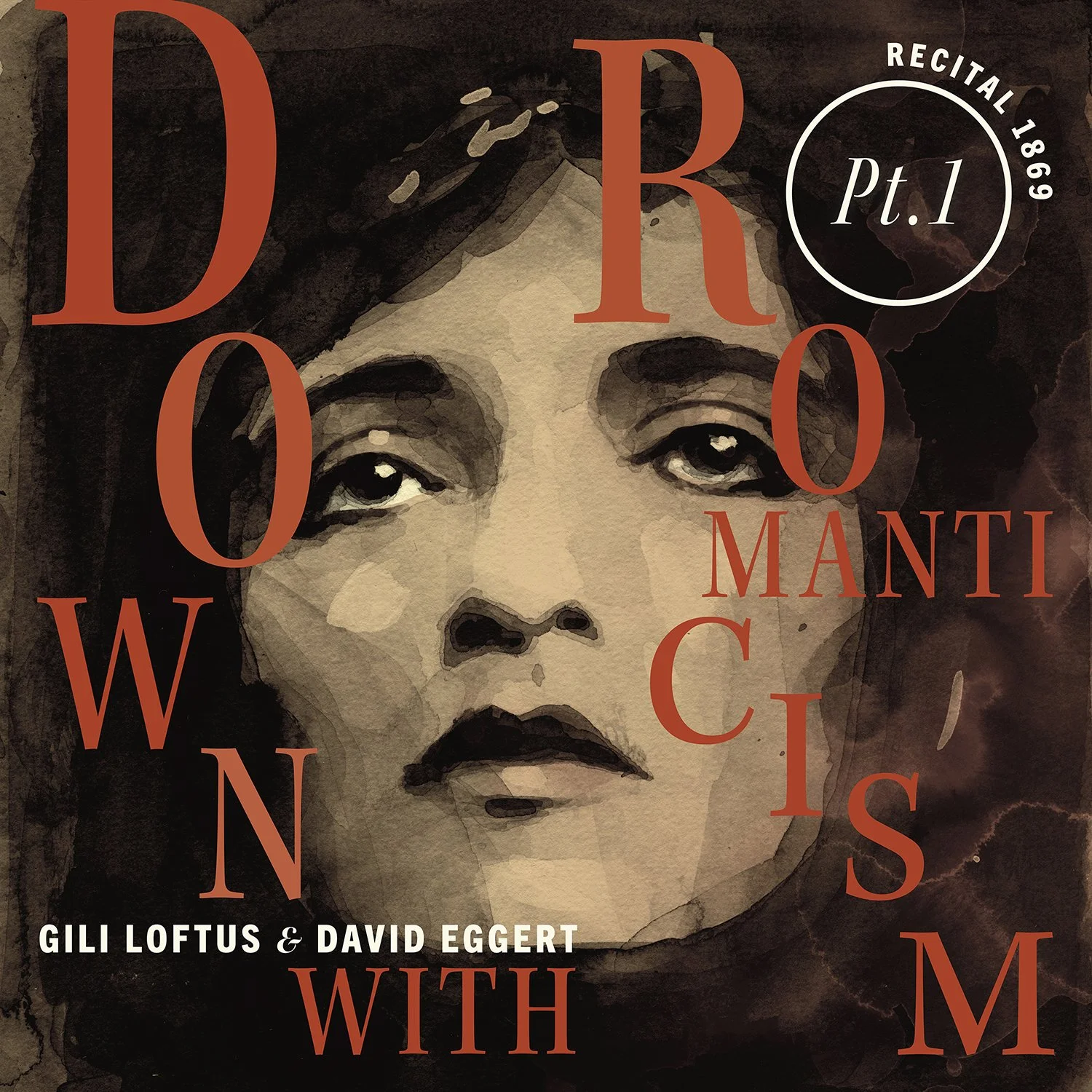The Down with Romanticism project is the brainchild of two questing musicians — cellist, David Eggert, and fortepianist, Gili Loftus — and is the culmination of over a decade of artistic collaboration. Following meticulous archival research and immersions into the soundworld of the early days of the recording era, they have embarked on an experimental approach to explore forgotten dimensions of playing 19th century music. Their performance showcases flexibility of tempo and rhythm, elasticity of intonation and pitch, generous use of portamento, flexible alignment of the pianist’s right and left hands and heightened individualistic expression like you’ve never heard before, but that were once standard for music of this era — all on two beautiful period instruments.
credits:
released September 15, 2023
Recorded at Teldex Studio Berlin, September 18–21, 2021
Produced, recorded, edited, mixed and mastered by Johann Günther
Piano technician: Paul McNulty
Cello by Wencelaus Staudinger 1758 Würzburg generously on loan from Johannes Caspar Walter - Piano by Paul McNulty after Johann Baptiste Streicher Op. 6747
Artwork by Dan Abbott and Daniel Schnatterer
We acknowledge the support of the Canada Council for the Arts as well as the support of our generous Indiegogo supporters.
"For the inaugural part of the Down with Romanticism: Recital 1869 series, we draw inspiration from the world of early sound recordings documenting those musicians who retained aesthetic paradigms of the romantic era, and through which we are able to catch glimpses of long-abandoned performance traditions from a bygone time. Guided by the recorded sounds of Fanny Davies and Adelina de Lara, both pupils of Clara Schumann and erstwhile champions of the works of Brahms and Schumann, we drew inspiration from these muses of the past in divining our own 21st-century interpretation of Schumann's Kinderszenen (Scenes of Childhood), learning from Adelina and Fanny how to make notes speak, and texts sing."
The rarely recorded arrangement of Kinderszenen by Friedrich Grützmacher (a friend and colleague of Clara Schumann) for cello and piano is a perfect playground for Gili and David in which to explore a host of forgotten dimensions of expressivity in playing, such as flexibility of tempo and rhythm, elasticity of intonation and pitch, and generous use of portamento and flexible alignment of the pianist’s right and left hands.
Their experimental approach is eminently suited to highlight the distinct contrasts in character that are found in each miniature of Schumann's celebrated Scenes of Childhood, with each scene generously beckoning the listener in with the unabated lyricism that has made this piece an enduring favorite.

